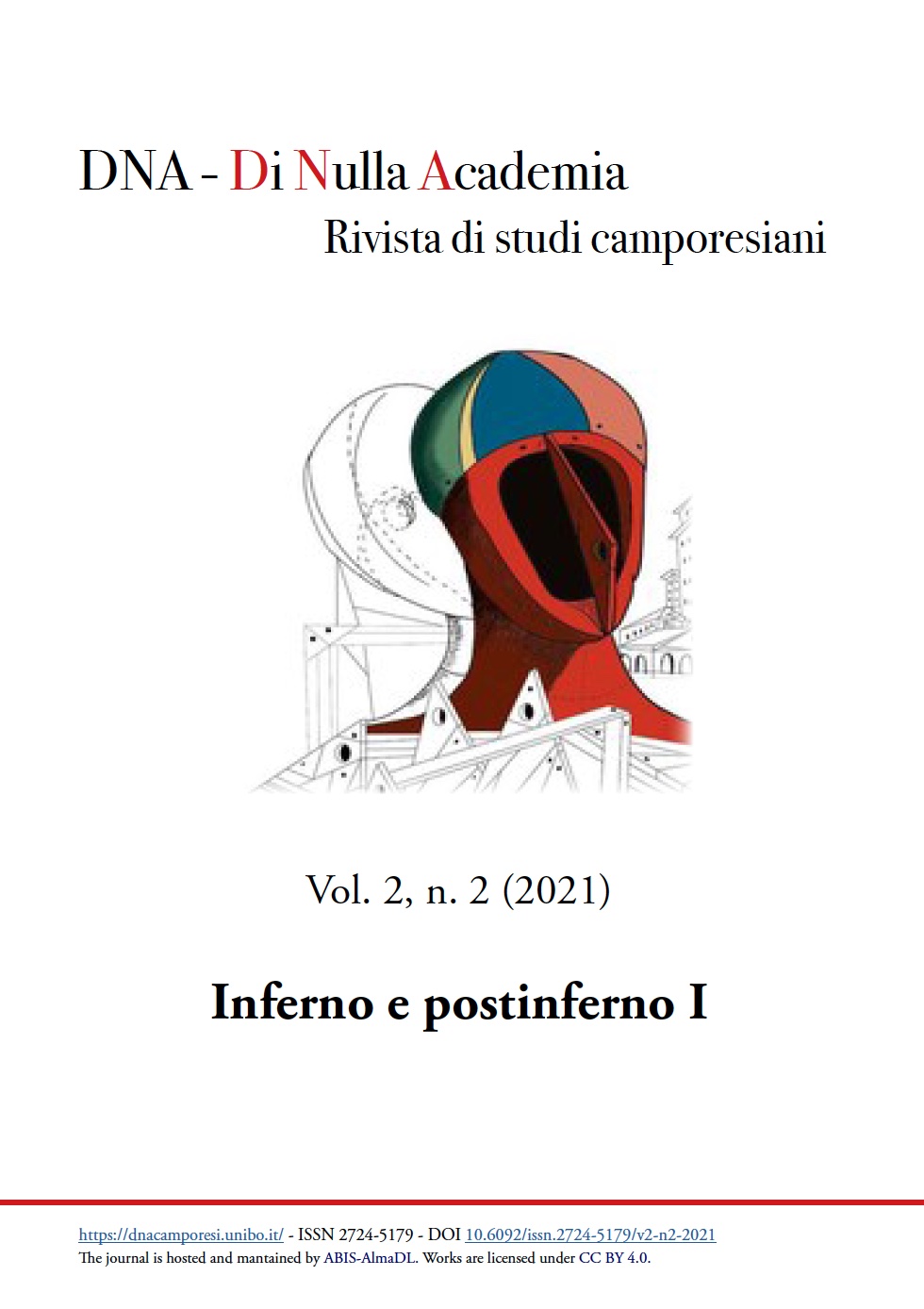Patire nel processo: tortura e confessione nella procedura penale d’antico regime
DOI:
https://doi.org/10.6092/issn.2724-5179/14634Keywords:
Criminal trial, Confession, Interrogation, TortureAbstract
The essay intends to briefly illustrate a broad chronological trend line that sees the progressive disclosure of the “word”. We can see a turning point at the end of the twelfth century with the repression of heresy: the Church prepares a new type of trial based on the asymmetrical relationship between the judge and the defendant as well as on the transcribed and signed deposition of the latter. Soon, the centrality of confession will elevate torture as an ordinary mechanism of physical and psychological pressure during interrogation. Soon the inquisitorial process will also become adopted by the secular authorities for the repression of crimes: the importance of interrogation under torture is documented, among other things, by various works by jurists and chancellors, who intended to provide guidance and help in verbalizing questions and answers. In the famous case of the trial of the plague spreaders of 1630, Alessandro Verri and Alessandro Manzoni will re-read the surviving minutes with different intentions between the end of the eighteenth century and the mid-nineteenth century: in both authors, however, the painful “word” of the tortured and the distortion imprinted by violence on the final result of rulings and convictions stand out strongly.
Downloads
Published
How to Cite
Issue
Section
License
Copyright (c) 2022 Elio Tavilla

This work is licensed under a Creative Commons Attribution 4.0 International License.





